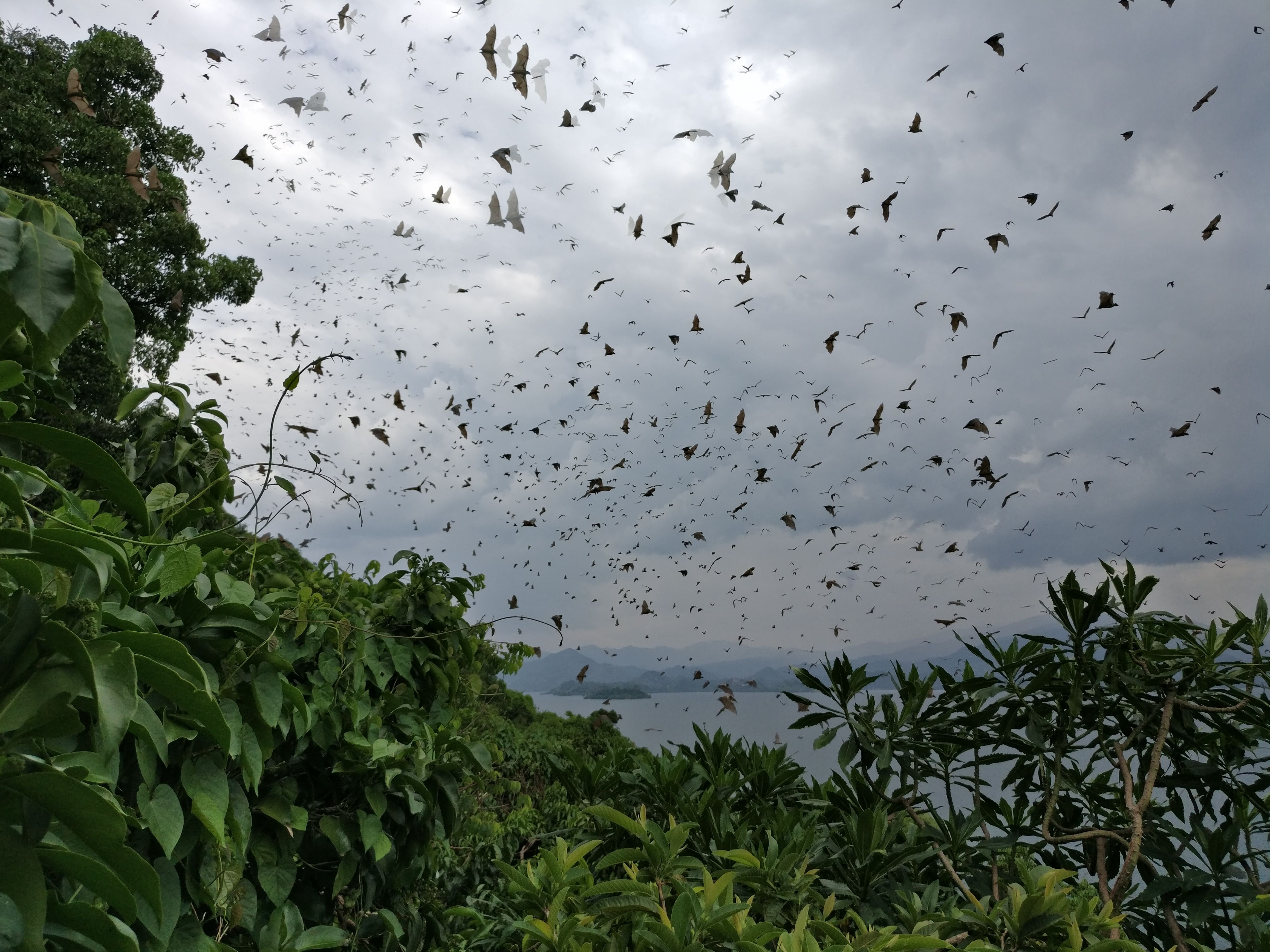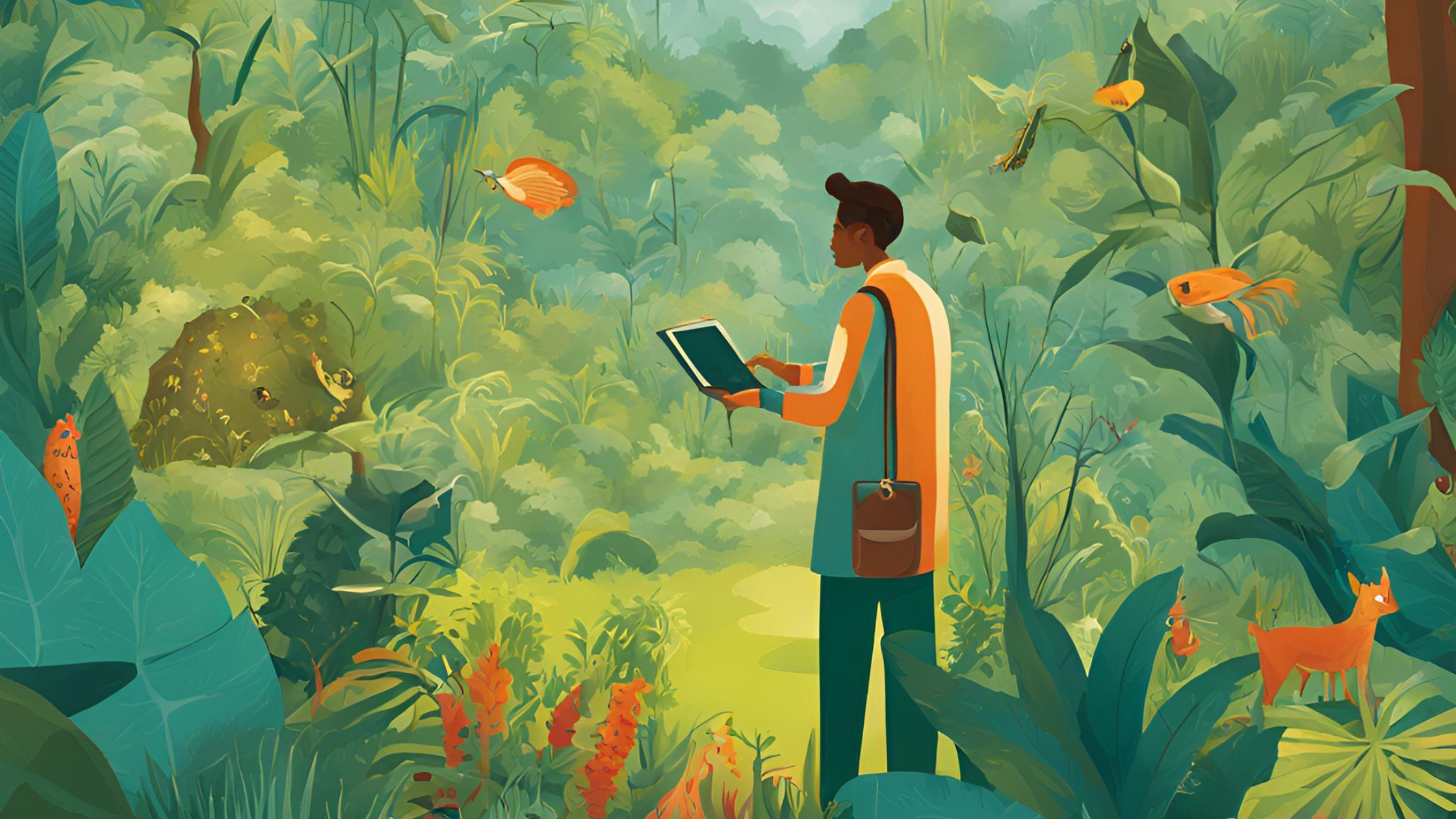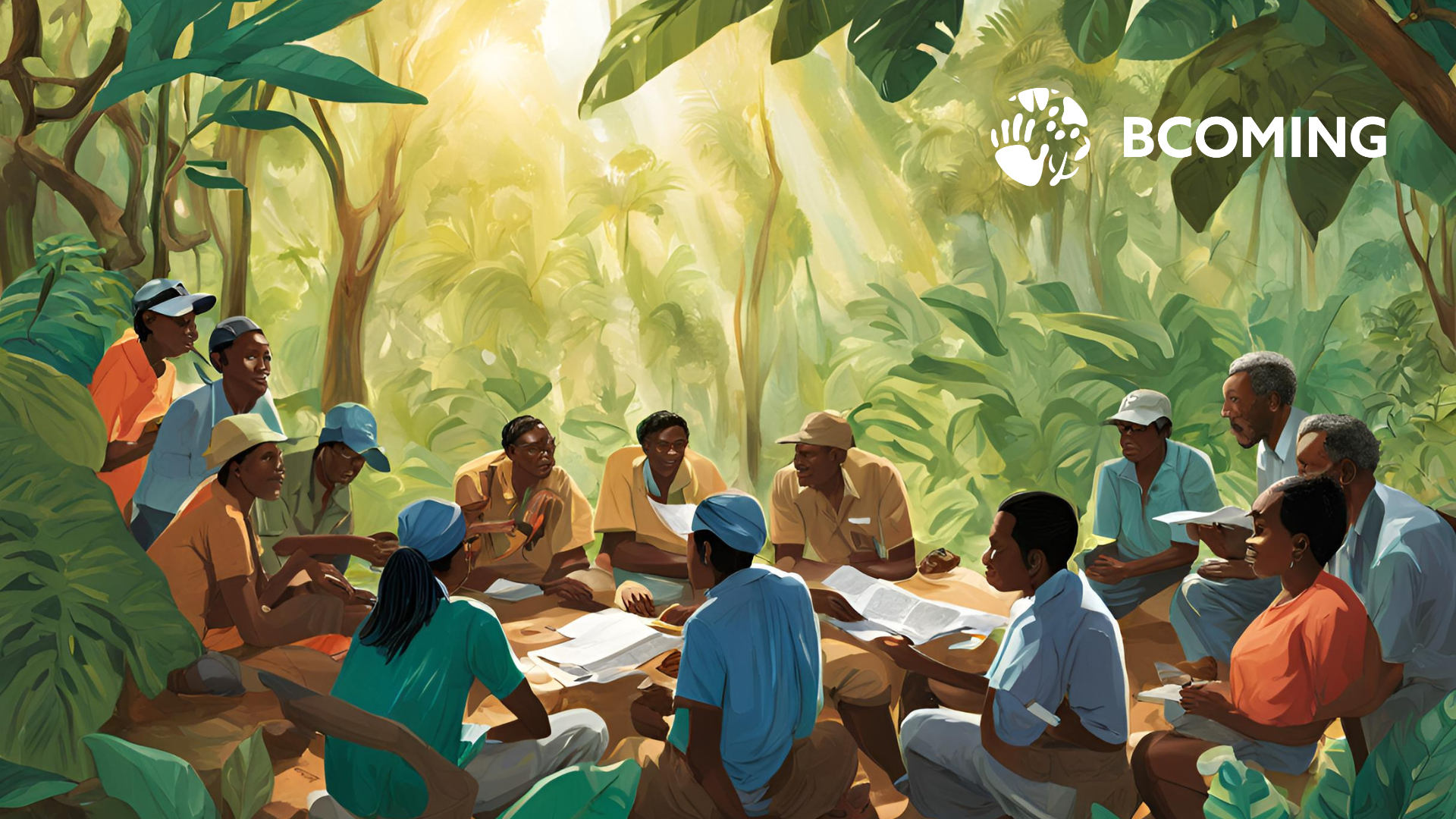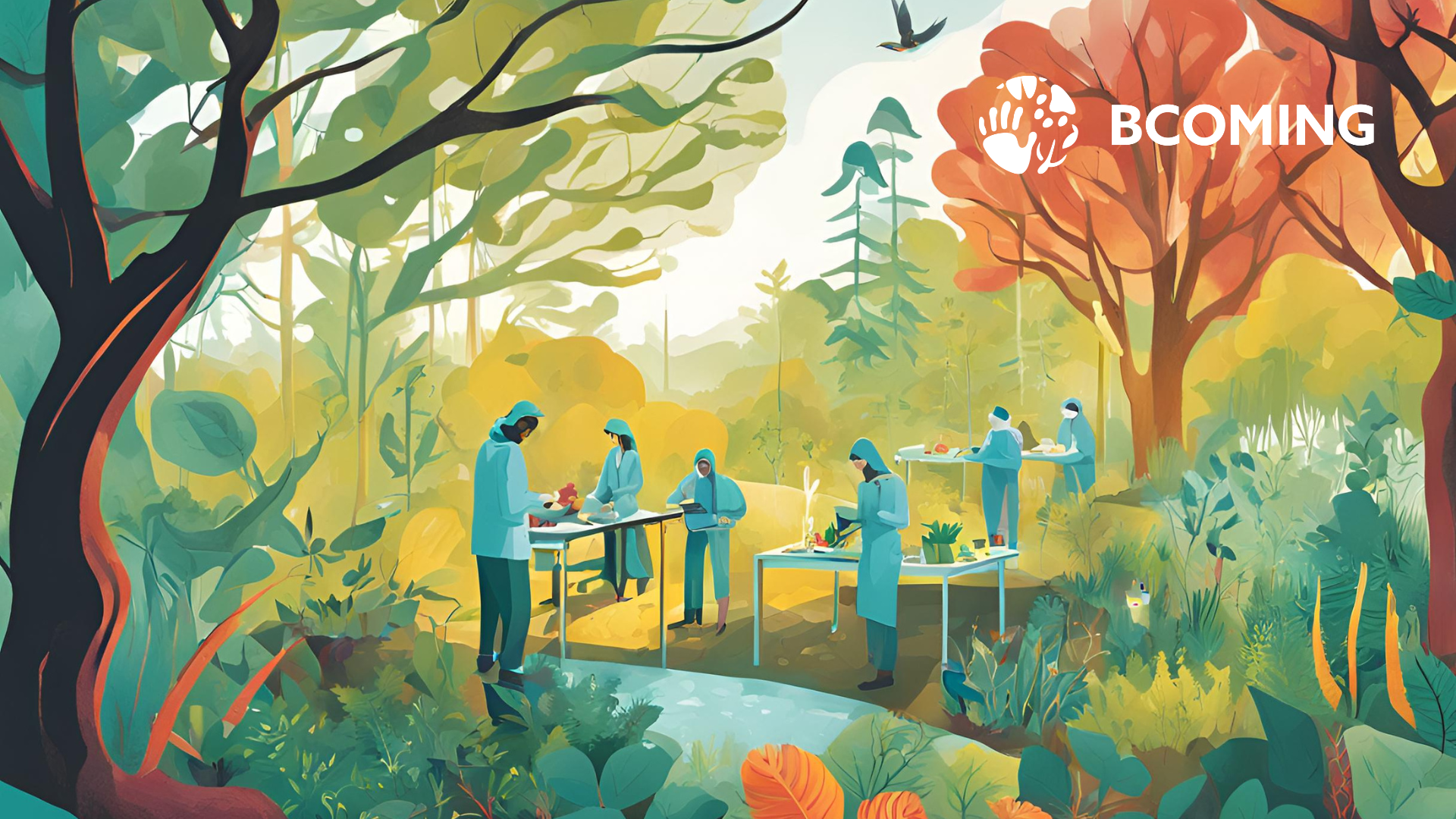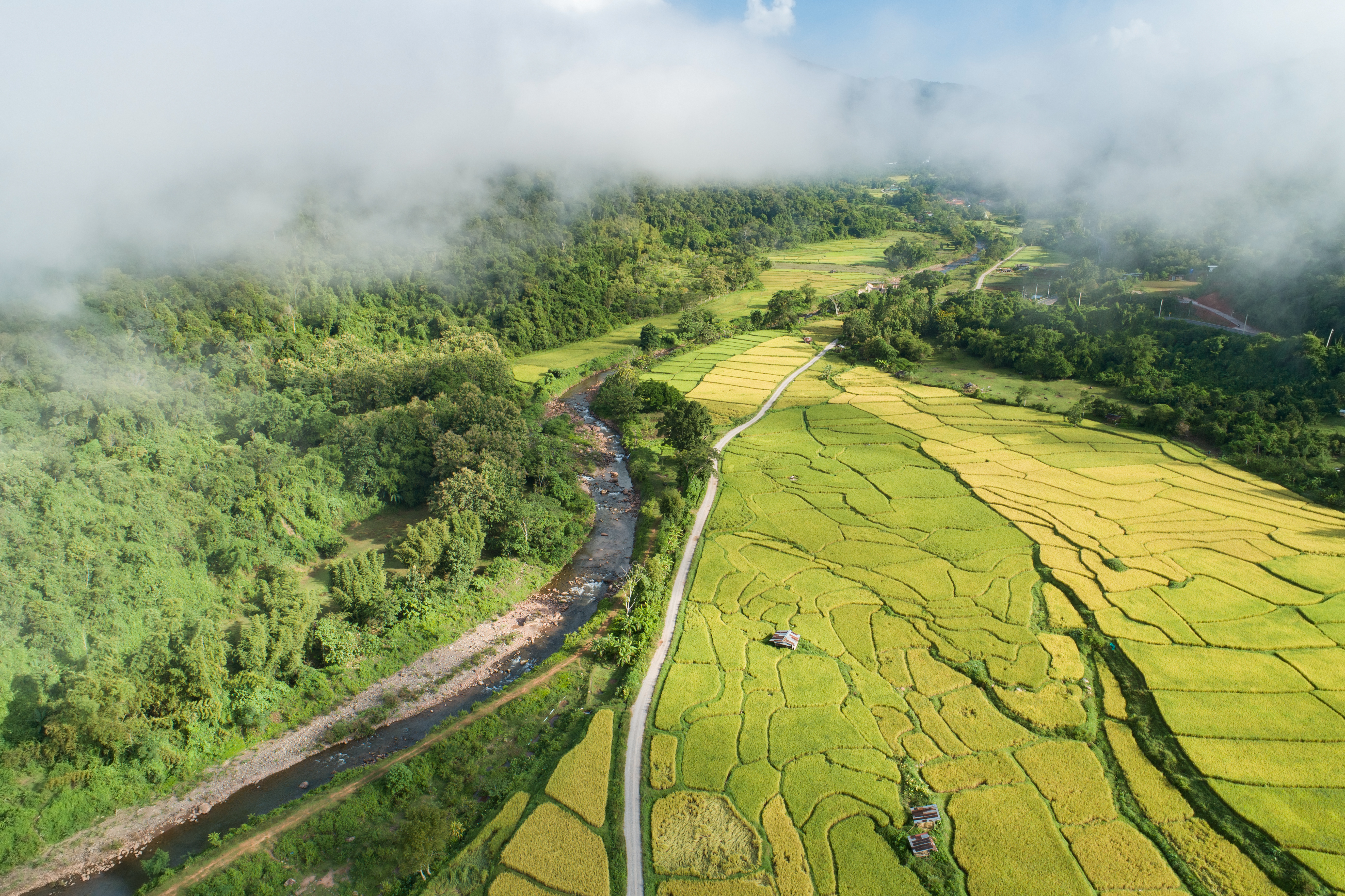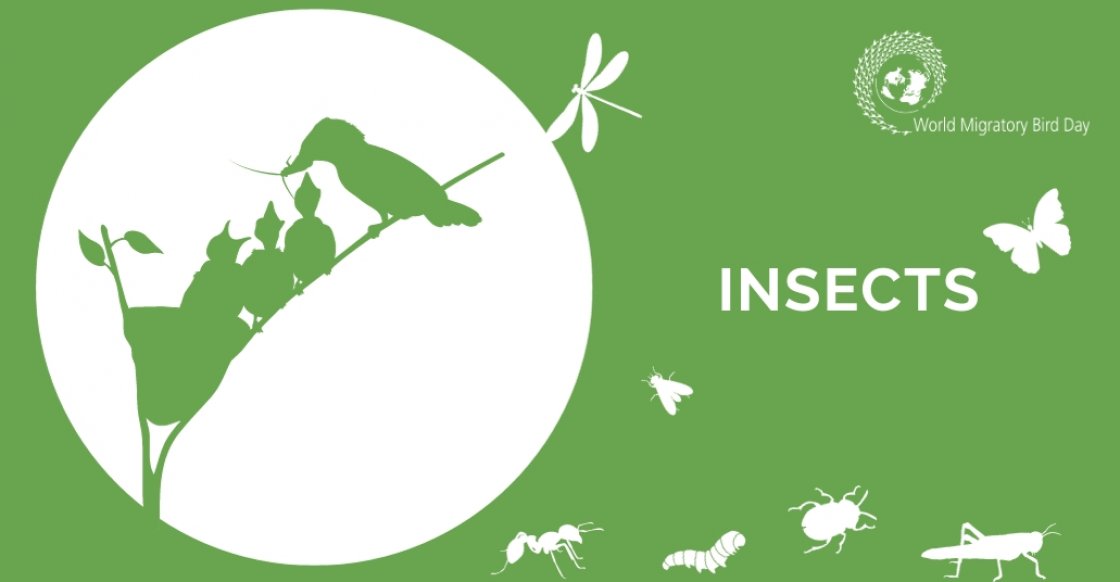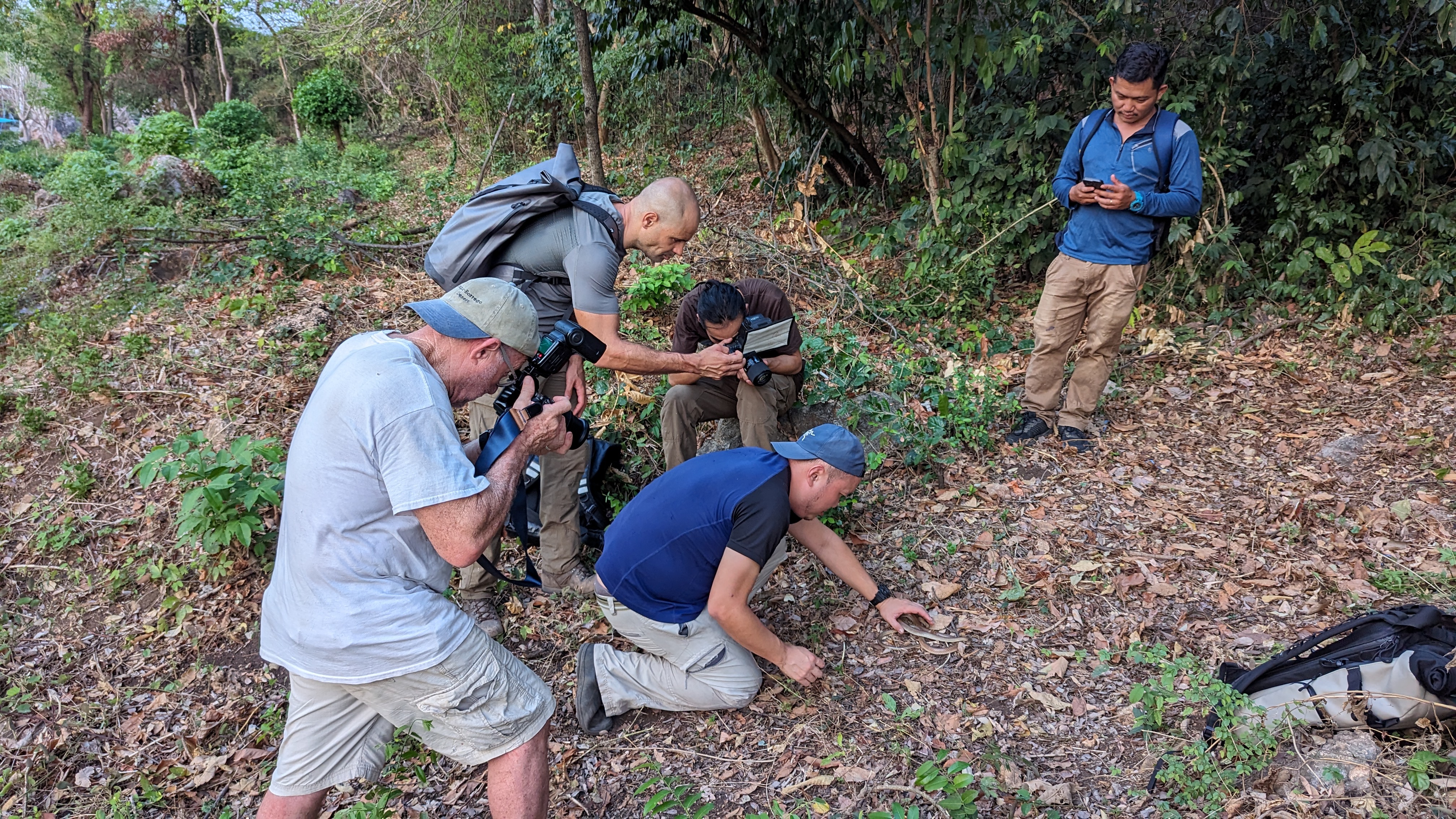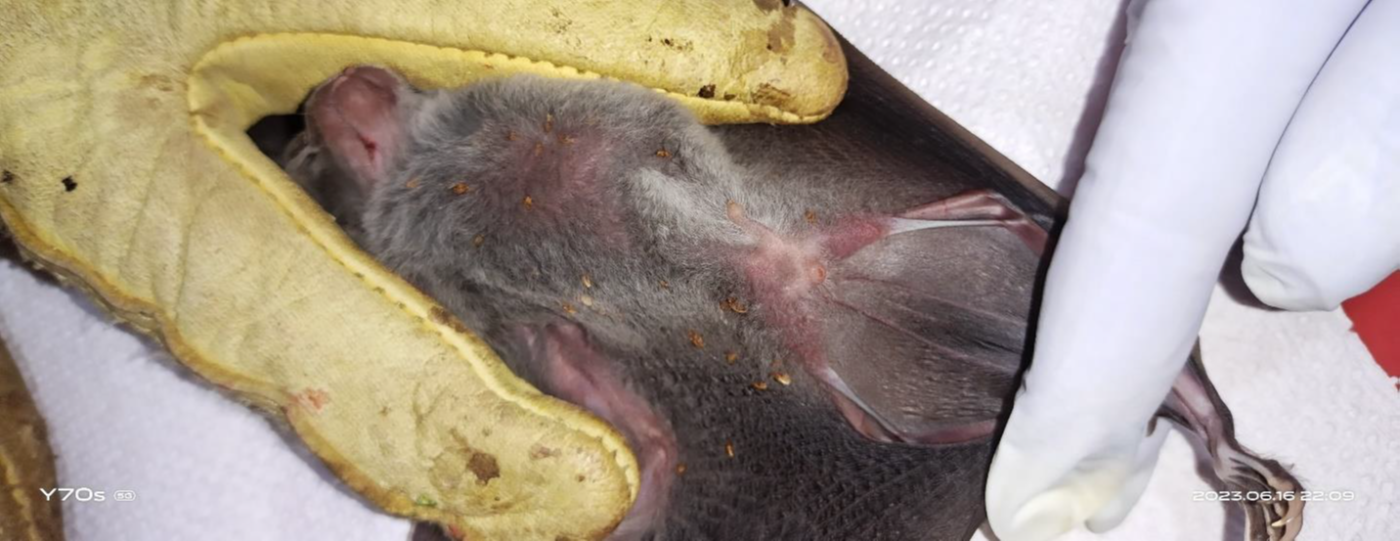Conservation in Cambodia and Guinea with Fauna & Flora
A few months ago, we had the opportunity to meet with Sothearen Thi, Karst Biodiversity Coordinator, and Manita Hem, Communications Officer, representing Flora & Fauna, one of the key partners in the BCOMING project in charge pf piloting biodiversity conservation strategies in some of our biodiversity hotspots. Today, we wanted to share with you some of the insights they shared with us during our discussion.


